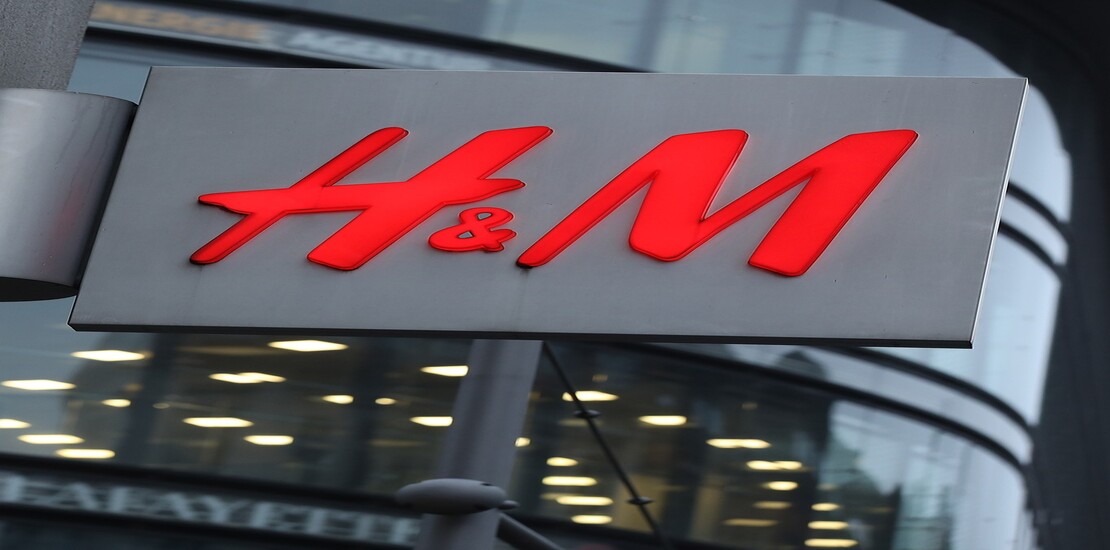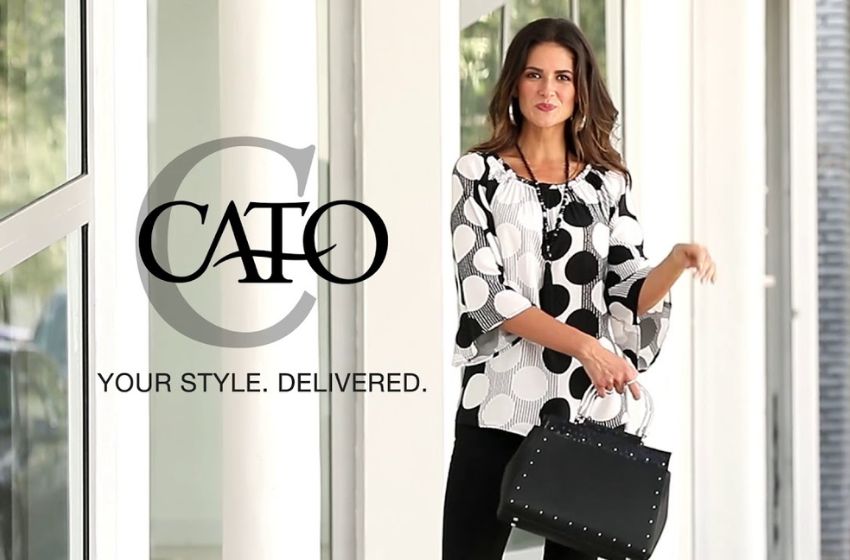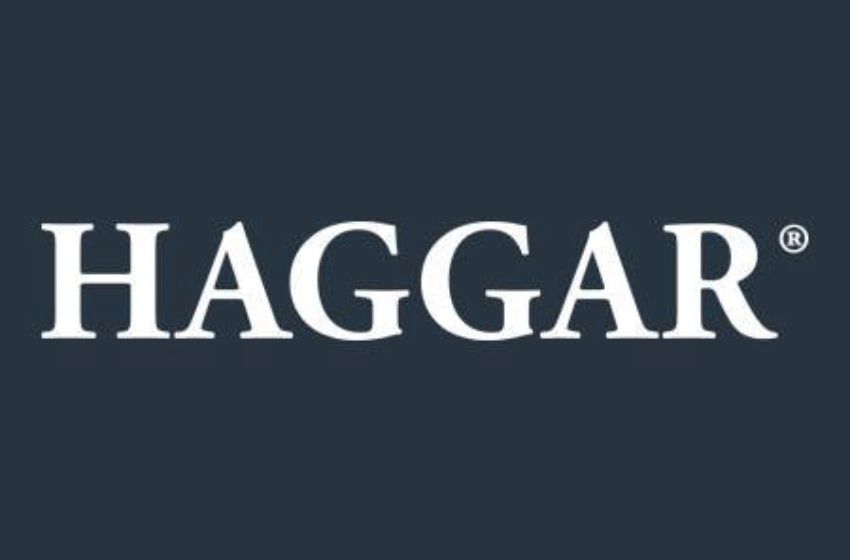In recent years, the fashion industry has undergone a significant transformation, with an increasing focus on sustainability and ethical practices. Leading this change is H&M, a global fashion powerhouse that has made substantial strides in promoting sustainable fashion. Through innovative initiatives, transparent practices, and a commitment to reducing environmental impact, H&M is setting new standards in the industry. This blog explores how H&M is pioneering the movement towards stylish and sustainable fashion.
Introduction: The Shift Towards Ethical Fashion
The fashion industry has long been criticized for its environmental and social impact, with fast fashion being a major contributor to pollution and poor labor conditions. However, consumer demand for sustainable and ethical fashion has been growing, prompting brands to rethink their practices. H&M, one of the largest fashion retailers in the world, has taken significant steps to address these concerns, positioning itself as a leader in ethical fashion.
H&M’s journey towards sustainability involves a multi-faceted approach that includes eco-friendly materials, innovative recycling programs, and a commitment to transparency. By integrating sustainability into its core business model, H&M aims to make a positive impact on the planet and its people.

Conscious Collection: Fashion with a Purpose
H&M’s Conscious Collection is a testament to the brand’s commitment to sustainable fashion. Launched in 2010, the Conscious Collection features garments made from eco-friendly materials such as organic cotton, recycled polyester, and Tencel. This line showcases that fashion can be both stylish and sustainable, without compromising on quality or design.
The Conscious Collection is more than just a product line; it represents H&M’s broader mission to make sustainable fashion accessible to everyone. By offering trendy and affordable pieces that are environmentally friendly, H&M encourages consumers to make more conscious fashion choices. This initiative not only reduces the environmental footprint but also raises awareness about the importance of sustainable fashion.
Closing the Loop: H&M’s Recycling Initiatives
One of H&M’s most notable sustainability initiatives is its global garment collecting program. Launched in 2013, this program allows customers to bring unwanted clothing from any brand to H&M stores for recycling. In return, customers receive a discount voucher, incentivizing them to participate in the recycling effort.
The collected garments are sorted into three categories: rewear, reuse, and recycle. Rewearable items are sold as second-hand clothing, reusable items are turned into products like cleaning cloths, and recyclable items are processed into new textile fibers. This “closing the loop” approach helps reduce waste and promotes a circular economy in the fashion industry.
Transparency and Accountability
H&M is committed to transparency and accountability in its sustainability efforts. The brand regularly publishes detailed sustainability reports that outline its progress and goals. These reports cover various aspects of H&M’s operations, including supply chain management, environmental impact, and labor practices.
By being open about its practices, H&M builds trust with consumers and sets a benchmark for other fashion brands. Transparency is crucial for holding companies accountable and ensuring that they continuously strive to improve their sustainability efforts. H&M’s commitment to transparency demonstrates its dedication to ethical fashion and its willingness to be held accountable by its stakeholders.
Sustainable Innovations
Innovation is at the heart of H&M’s sustainability strategy. The brand invests in research and development to discover new ways to reduce its environmental impact and promote sustainable practices. One such innovation is the use of sustainable materials like BIONIC®, a polyester made from recycled plastic shoreline waste.
H&M is also exploring the potential of blockchain technology to enhance transparency in its supply chain. By using blockchain, H&M can provide consumers with detailed information about the origins and journey of their garments, ensuring traceability and authenticity. These innovations reflect H&M’s proactive approach to sustainability and its commitment to pioneering new solutions in the fashion industry.
Promoting Fair Labor Practices
Ethical fashion goes beyond environmental sustainability; it also encompasses fair labor practices. H&M is dedicated to ensuring that the workers in its supply chain are treated fairly and with respect. The brand works closely with its suppliers to uphold high labor standards, including fair wages, safe working conditions, and the right to collective bargaining.
H&M is a member of the Fair Labor Association (FLA) and collaborates with various organizations to promote workers’ rights and improve labor conditions. Regular audits and assessments are conducted to ensure compliance with these standards. By prioritizing fair labor practices, H&M not only supports ethical production but also contributes to the well-being of workers in the fashion industry.
Consumer Engagement and Education
H&M recognizes the importance of educating consumers about sustainable fashion and the impact of their choices. The brand actively engages with its customers through various platforms, providing information on sustainability initiatives and encouraging responsible consumption.
H&M’s marketing campaigns and social media presence play a crucial role in raising awareness about sustainable fashion. By highlighting the benefits of eco-friendly materials, recycling programs, and ethical practices, H&M empowers consumers to make informed decisions. This engagement fosters a community of conscious consumers who are committed to supporting sustainable fashion.

Conclusion: A Vision for a Sustainable Future
H&M’s commitment to sustainable fashion is paving the way for a more ethical and environmentally friendly fashion industry. Through initiatives like the Conscious Collection, recycling programs, and innovative technologies, H&M demonstrates that it is possible to create stylish and sustainable clothing without compromising on quality or design.
By prioritizing transparency, accountability, and fair labor practices, H&M sets a high standard for other fashion brands to follow. The brand’s efforts to educate and engage consumers further amplify its impact, inspiring a shift towards more conscious fashion choices. As H&M continues to lead the charge in sustainable fashion, it sets a vision for a future where fashion is not only stylish but also ethical and sustainable.











